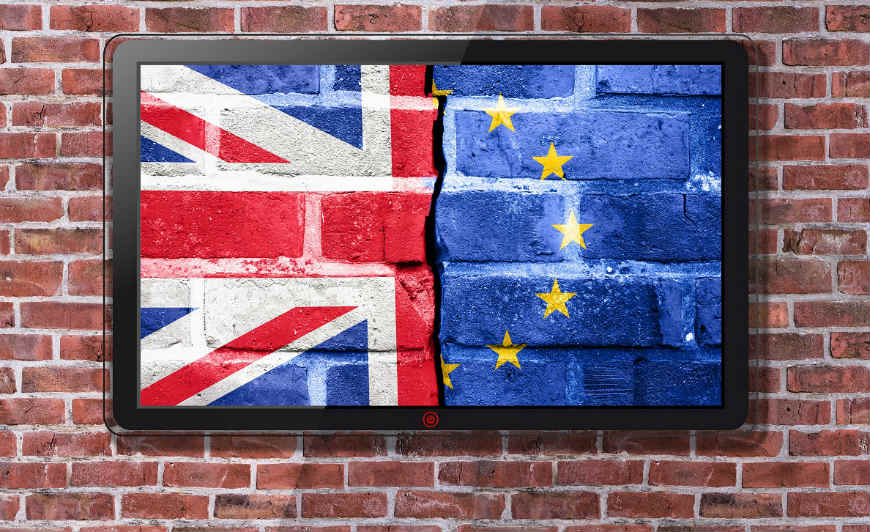Since the 2016 referendum, Brexit has been at the core of the British political landscape and has brought great uncertainty that threatens to jeopardise industry. The UK’s film industry, which has seen major successes thanks to international productions including Star Wars and James Bond, is itself in a precarious predicament because of political confusion.
Within the past week, a Netflix owned production company Pacifica Ventures suspended its plans to proceed with a £110M 22-acre film studios due to be built in Dagenham. This construction was expected to begin before the new year but has now been postponed over difficulties surrounding the relationship between the EU and the UK. This uncertainty, and reluctance to commit to UK based ventures, is symptomatic of the wider UK film industry caught amongst the chaos of Brexit.
The role of the EU in the film industry is vast. The EU has itself directly helped fund films; it provided £300,000 for the film Paddington following a successful application for funding by producers. Beyond this direct funding, the EU facilitates the free movement of those from its member states and has thereby proved vital in aiding the assembly of film crews. The loss of this partnership through Brexit will change result in fundamental changes to UK films.
A Forbes survey of British filmmaking found that 40% of those who worked in post-production, animation, and visual effects, were from outside of the UK. This creates a huge shortfall in a post-Brexit Britain as the right-to-work for foreign nationals becomes increasingly bureaucratic. Brexiteers would likely argue that this is itself a chance for UK workers to fulfil these roles rather than hiring foreign talent and, while this would seemingly increase UK opportunity, it would be unlikely to cover the number of workers who will no longer be able to contribute.
The most significant UK film body, The British Film Institute, published an 84-page economic assessment on the impacts of leaving the EU in January 2017. The report outlines the risk of Brexit to make it harder to assemble crews and secure funding. The production of a film involves large-scale, collaborative work between crew members from pre-production to editing and finally press work, much of which involves hiring talent from overseas. Further compounding matters, the political stalemate since the report’s publication likely worsens these findings as Brexit remains yet to be delivered. Brexit is not a necessarily a harbinger of doom for the UK films, however, as the report highlights the great potential for post-EU opportunity. One surprising, although economically complex, argument for Brexit aiding UK cinema is that the depreciation of the pound will make the UK market more accessible to nations such as America. Put simply, it would now be cheaper for international groups to do business with the UK as the pound is worth less than before. The report also highlights the opportunities likely to open outside of the EU and the ability of the UK to encourage these markets to produce films in the UK thanks to lucrative tax incentives.
The ultimate role Brexit will play in the future of the UK film industry is yet to be determined and might not become clear for years as political inaction continues. Uncertainty is inherent to Brexit and is innately damaging for business, but it does provide the grounds for fresh opportunity. Much as visionary filmmakers can change dull landscapes into extraordinary wonders, it is perhaps now the time for the British film industry as a whole to seize new financial markets and escape Brexit bleakness.
Photo Credit: Broadband TV News

